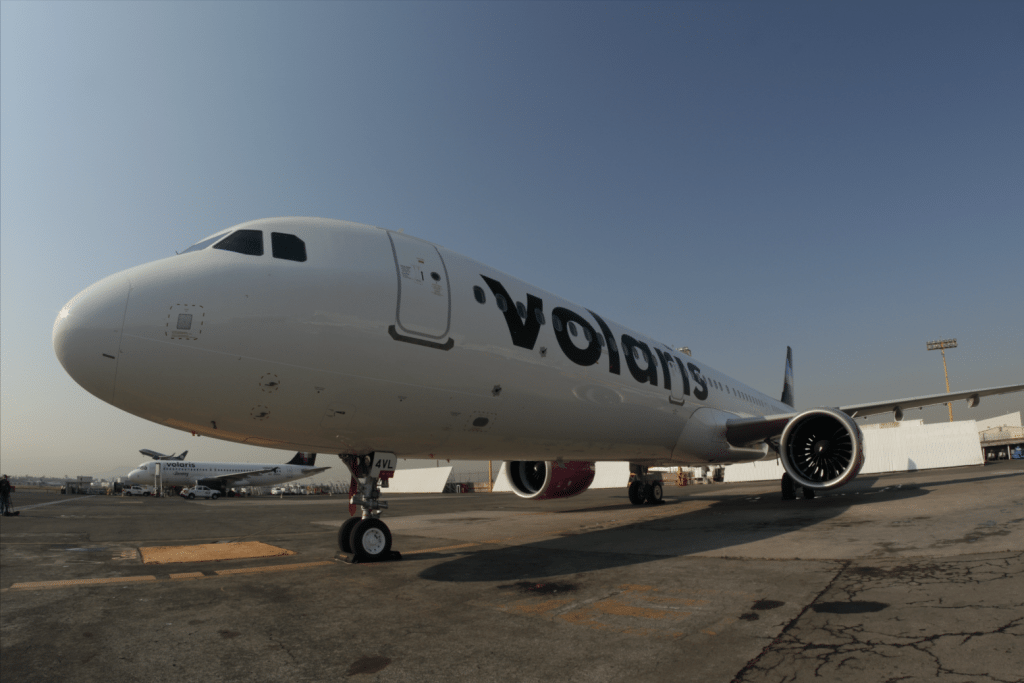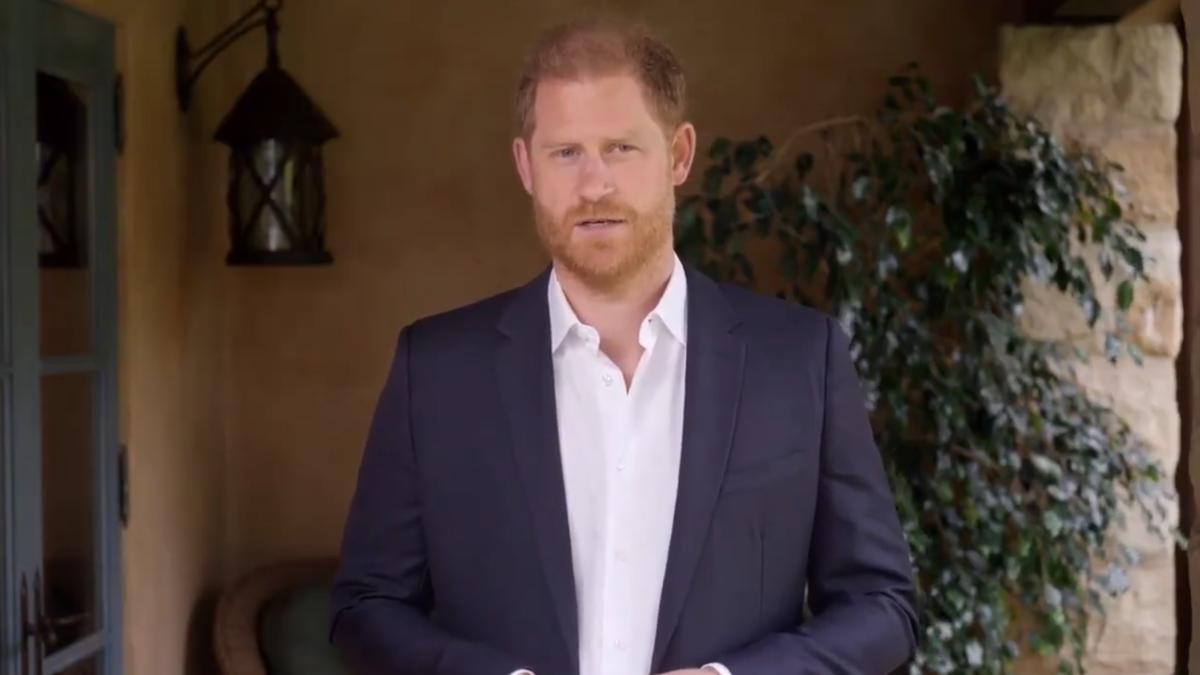Can Flight Subscriptions Help Airlines Recover From an Unprecedented Drop in Demand?

Skift Take
For several years, Iñaki Uriz has aggressively pushed airlines to adopt flight subscriptions, promising smooth and predictable revenue, but they were rarely interested, fearing lost sales. With near-insatiable demand for air travel, they prioritized yield on ticket prices over volume.
That began to change in March as coronavirus gripped the industry. Airlines were hemorrhaging customers, and some said net revenue dropped below zero, with cancelations outpacing bookings. In many regions, business has improved, but high-yield corporate travelers have not come back en masse, and no one is sure when they will. Many airlines are bracing for a slow recovery, and they'll take revenue anywhere they can find it.
"Their revenue is not predictable, and not stable, and this has consequences," said Uriz, CEO of Caravelo, a Barcelona-based company that builds subscription platforms for airlines. "They understand they should have a mix of transactional revenue and subscription revenue."
Get the Latest on Coronavirus and the Travel Industry on Skift's Liveblog
Several airlines had subscription offerings before Covid-19, including Air Canada, Lufthansa Group, and the Mexican low-cost-airline Volaris, Caravelo's lone customer. But Uriz said there's more interest now, adding his company soon will announce a second airline customer, with several more possibly in the pipeline.
"I think airlines have gone to the next mental state, and they understand that they have to change the model," he said. "It is not about thinking about the small case where I could have sold this seat for that passenger for a bit more money than the subscription price."
Volaris Example
Volaris introduced its subscription program, called V.Pass, about two years ago, in hopes it could reach younger customers with a yen for travel. Volaris executives saw how these consumers flocked to music and content streaming providers and figured they could offer something similar.
"We saw quite a lot of subscription models, like Netflix, Spotify or iTunes music — models that charge a low monthly fee but lock customers in over a long period of time," said Holger Blankenstein, Volaris' executive vice president for airline commercial and operations. "We found that is quite popular among the price-sensitive younger population group. We said OK, 'how can we replicate this for the airline industry and attract the price-sensitive customer.'”
It found them to be a reliable demographic, and through March, Volaris had signed up 30,000 customers As part of a one-year commitment, they can fly one domestic trip per month for a fixed price, billed monthly. A roundtrip pass costs 639 Mexican pesos, or about $29.40 not including airport taxes, which in some markets can be nearly as much as the subscription. Passengers can add ancillary options to their monthly payment, including one carry-on for about $10 and one checked bag for roughly $25.
Of course, the program was not designed for global pandemic that made it nearly impossible for many people to travel, so Volaris has had to make some temporary adjustments, Uriz said. It didn't want people dropping their subscriptions after their 12-month lock-up period expired.
"It has all been around being flexible and being generous," he said. "We know we cannot deliver you a service and we would be happy to give you that in the future. We say, 'Stay with us and we will be nice to you.' We may top it off with one or two more flights."
Early returns have been encouraging, Uriz said. In the worst periods this spring, Volaris sold few plane tickets, yet still processed subscription payments, he said.
"Transactions disappear in this situation because you have to do something to make a booking and people just don't in these situations," Uriz said. "However subscriptions are much more resilient. We didn't see any crazy drop in the program."
Issues With Model
In the recent past, subscription programs have had at least two problems.
One, many traditional airline back-end reservations systems are not set up to handle them, so airlines either must build their platforms, or hire a company like Caravelo. And two, no one knows exactly how to price them so they can generate incremental revenue without cannibalizing existing revenue.
The first issue is harder to solve, though Uriz said his company can provide the back-end technology for any airline that wants it. The second was a major challenge during boom times — as recently as January 2019 — when airlines were confident they could sell most seats at robust fares. In that environment, they feared they would seat cheaply to a subscription holder when they should have held it for a last-minute business traveler.
While Volaris is predominately a leisure airline, the pricing issue also proved vexing for it before Covid-19 hit, Blankenstein said. Rather than making pricing perfect, Volaris chose to use the first 30,000 subscribers as more of a test to learn how customers would use it, he said.
It found customers liked to use their passes on leisure routes from Guadalajara and Mexico City, flying to beach markets like Cancun and Puerto Vallarta. It also learned there was significant breakage, with the average customer using the pass in only five of of 12 months.
“The pricing wouldn't be right in the first instance,” Blankenstein said. “We are still tweaking the pricing. It is a product that will grow gradually. But it demonstrates that we are an airline that is willing to take some risks and innovate with products that are not traditional.”
Still, the issue of pricing may be moot for a while. Most airlines are flying with a lot of empty seats, and even when planes are full, yields are low.
As a subscription evangelist, Uriz said now is the perfect time for airlines to pounce. He argues they have two choices. They either engage in heavy discounting, likely with costly advertisements and win a customer one time. Or they can sell a reasonably-priced subscription, and lock the consumer up for much longer.
To be sure, there is some question whether consumers still want subscriptions. The last five years were unusual in aviation, as leisure travelers substantially increased how much they flew. Now, it is not clear so many travelers will want one flight per month, especially at a Mexican low-cost-airline like Volaris, where many travelers average one flight a year, or fewer.
But Uriz said he's not concerned. He said he expects super travelers will return.
"You can fine tune it to consumer needs, so you could fly once a quarter," he said. "But I think we'll go back to where we were. I think the easy thing to say is, 'Wow, this is going to change the way we travel, and this is going to have a long-term impact.' I don't think that's going to be the case. Humans forget things."




